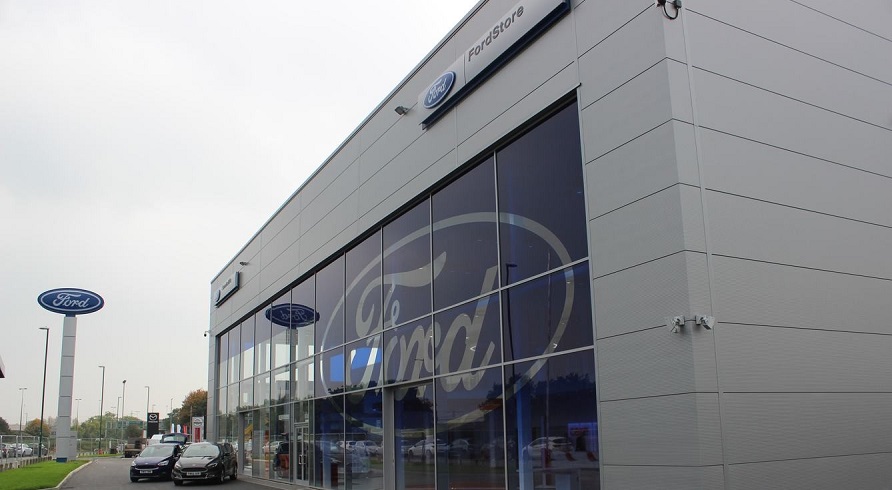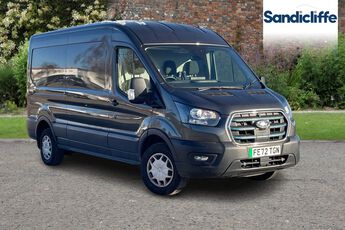
Sandicliffe Ford Transit Centre Nottingham
Abbeyfield Road Nottingham, NG7 2SZ
Warranty Available with Every Car
We’re so confident in the quality of our used vehicle preparation that we offer a warranty with every car sold.

14 Day Money Back Guarantee*
Changed your mind on your car? You can return it within 14 days for any reason and get a full refund. *Subject to conditions.

Rated 4.5 on Trustpilot
We are proud to hold a 4.5 star rating for overall customer satisfaction on Trustpilot.
Electric Details

Battery Size
68 kWh

Electric Range
160 miles

Plug Type
CCS Type 2

Rapid Charge Plug Type
CCS Type 2

Time to Fully Charge
8 hour(s) 12 minute(s)

Rapid Charge to 80%
8 hour(s) 12 minute(s)

Cost per Mile
0.14p
Electric Benefits

SLASH YOUR RUNNING COSTS
With a full charge costing £6-10 and providing anywhere from 150-300 miles of range, the cost per mile of an electric car may be up to 70% cheaper than petrol or diesel. With no engine oil or filters, servicing is much cheaper too.

PAY NO ROAD TAX
With no emissions, there’s also no road tax or congestion charges to pay. What’s more, with new green number plates specifically for EV’s, in many places you can park for free too.

A SMOOTHER DRIVE
With no gears to change (even automatically), an EV produces a smooth drive, unparalleled by an internal combustion car. Also with instant torque and smooth power delivery, driving an EV for the first time may surprise you.

FAST & EASY HOME CHARGING
Plug in at home and charge your car overnight with a 7kWh home charger and you’ll be fully charged every morning. Don't have a home charger installed? Visit Rightcharge to compare home charger and find the one that suits your needs.

GROWING CHARGING INFRASTRUCTURE
With nearly 40,000 chargers in the UK, and 500 more being added every week, the infrastructure to charge an electric car is growing fast. With 80% charge available at service stations in 30-40 mins, even long journeys can be navigated with little fuss.
Electric vs Fuel - Cost Calculator
How much could you save?
During the time of owning your current vehicle, you will pay * in liquid fuel
However if you owned an electric vehicle, you would pay ** in electric costs
Total Saving:
Charge for electricity based on off peak. FOC charges excluded.
*Based on a pump price of £1.45 for petrol & £1.55 for diesel.
**The above is based off a FORD TRANSIT with a 160 mile range & 68kWh battery.
Key Features
- Heated front seats
- Sat nav
- Climate control
- Cruise control
- Speed limiter





































































































